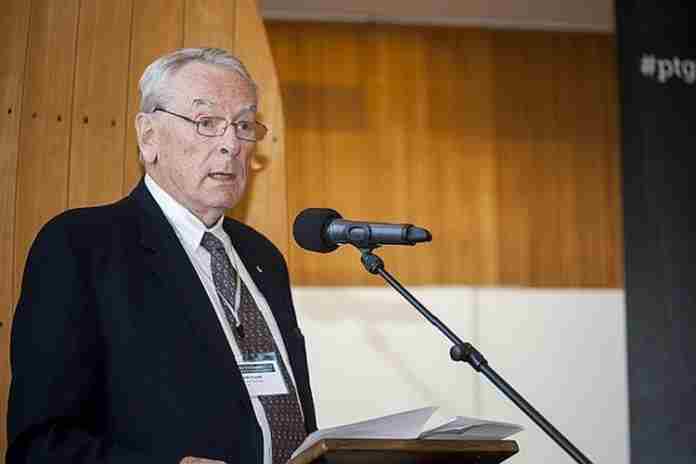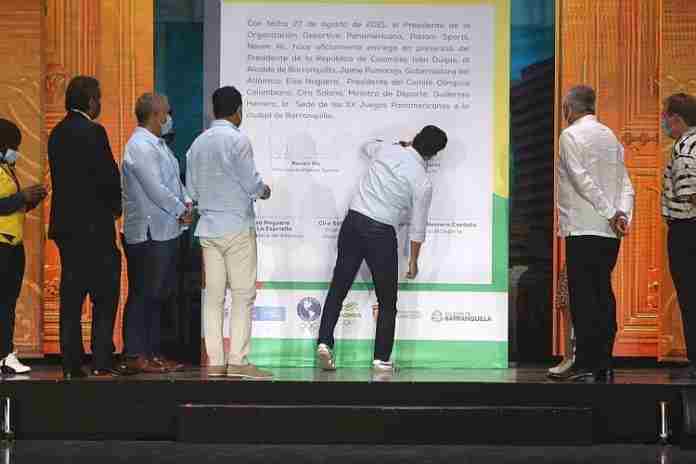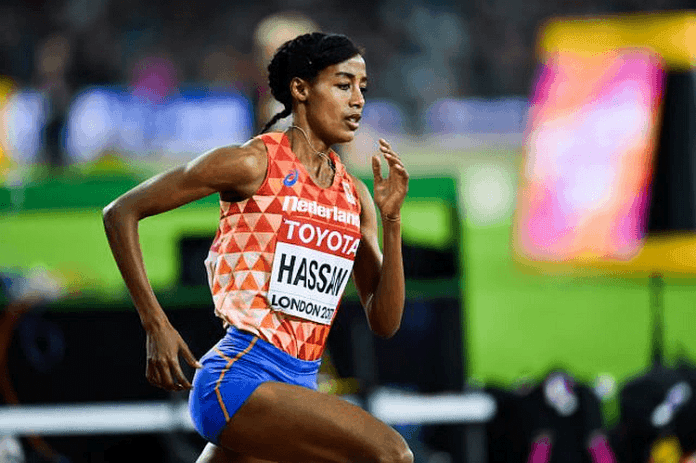/It’s a pleasure to present this guest column by one of the most knowledgeable observers of the Olympic Movement, Britain’s David Miller. For more than 50 years, the former English footballer has covered the Olympic Games and the sports within it, including 15 years as the Chief Sports Correspondent of The Times of London, with stints at the Daily Express and the Daily Telegraph. Author of books on athletics, football and the Olympics, he was Official Historian of the IOC from 1997-2018. His opinions are, of course, his own alone./
The passing of Jacques Rogge, Belgian successor to Spain’s Juan Antonio Samaranch as International Olympic Committee President in 2001, seemed at the time sensible to the point of being inevitable: an experienced, calm, multi-lingual, three-time Olympic yachtsman and rugby international renowned for moderation and, in the broadest sense, fair play. The background, however, was not as straightforwardly conventional: recollection reminds us otherwise.
The outcome of his election in Moscow, scene of Samaranch’s succession to Ireland’s Michael Killanin twenty-one years earlier – on the eve of a Soviet Union festival compromised by a U.S.-led boycott in protest against the invasion of Afghanistan – was heavily influenced by disaffection of Rogge’s Eurocentric colleagues, an IOC demographic majority, for Rogge’s chief rival, intellectual Montreal lawyer Richard Pound. The eloquent past Olympic swimmer was perversely viewed as disloyal within the self-elected private club.
In the wake of the Salt Lake City host city election scandal for the Winter Games of 2002, exposed by local television in late 1998, Samaranch had appointed Pound as chair of an ad-hoc investigative committee – a poisoned chalice. The verdict from Pound was for the expulsion of six IOC Members at the climax of a controversy, which had threatened the future of Samaranch himself, the TOP sponsorship network, even the IOC itself.
Pound had for two decades been Samaranch’s trusted subordinate, an articulate front behind some of the wily Samaranch’s more obtuse objectives within an organisation too frequently distinguished by closed curtains and willful unanimity. Samaranch, intent on saving his own reputation, adroitly placed the judicial burden on the willing Pound, loyal to principal if not to perceived errant Members.
The Salt Lake verdicts compounded the election odds against Pound, already hampered by North America’s slender numerical geographic hegemony, compared with Europe’s multiple voters within a virtual bus ride of each other: and where, moreover, Rogge was an established, respected head of European Olympic Committees.
Further potentially impeding Pound’s support was the latterly emerging upsurge of Kim Un-Yong, mainspring of Korea’s spectacular Olympic Games in 1988 and inspiration of expanding Asian sporting authority – not withstanding that Kim too had received, unjustifiably on the evidence, a damning ‘Olympic warning’ from Pound’s commission, for employment of Kim’s son by Salt Lake.
A conspiracy of circumstance cleared the path for Rogge’s comfortable victory in Moscow, even resulting in a disappointing Pound finishing third behind Kim, whose tide of admiration also helped suppress a North American electorate, further to secure Rogge. Demure Rogge’s authority was soon undermined by setbacks at the IOC Extraordinary Session of 2002 in Mexico: his worthy contribution was to consolidate the financial advantages achieved by Samaranch. Though Rogge was unable significantly to modernise the Games’ programme of sports, and under-estimated some political issues with Beijing 2008 – notably a controversial torch relay – he was fortunate finally to bask in a celebrated Games contrived by London in 2012.
Comments are welcome here and or direct to David Miller here.



























